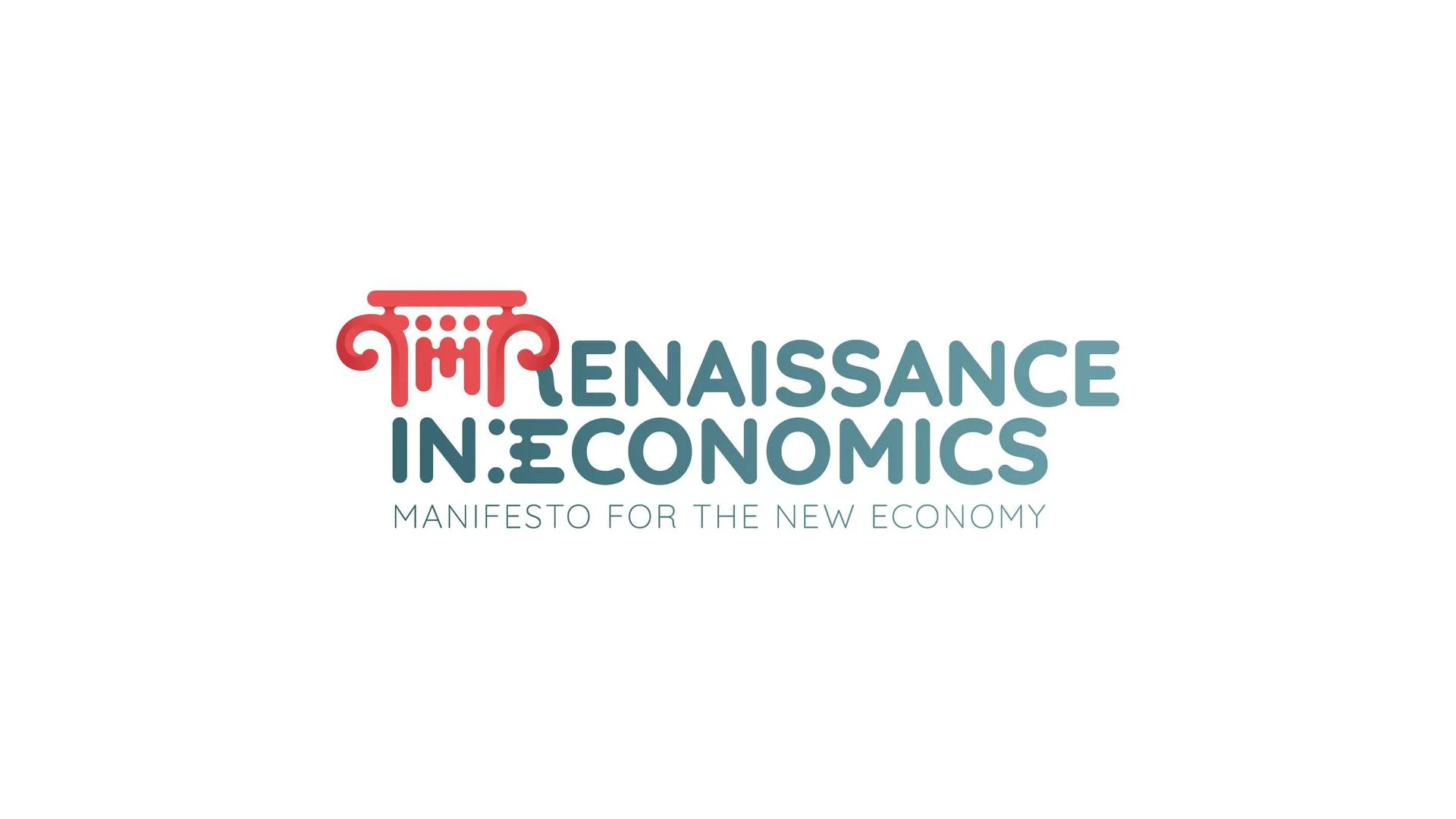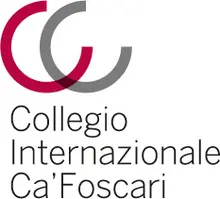
How to Wisely Plan a Budget for Conference Trip
Read a summary using the INOMICS AI tool
Planning a budget for a conference trip is fairly straight forward, but if this is your first conference then you need some basic information to help you with your planning. Here are some tips on how you can plan your budget.
Check up on your institutional funding
Your conference costs should be covered by your institution – either by your program, your department, or your university – so find out who is providing the funding. You need to contact the finance department or find the relevant set of guidance about expenses on the university website. Different organisations will have different rules about exactly what is covered, how much you can spend, and what level of expenses are acceptable. There might be rules such as a maximum amount that can be spent on accommodation per day.
Specific expenses
You should allocate money the following items for your budget, provided they are covered by your institution:
- Travel costs, including flights, transfers from the airport, buses fares while you are there, and possibly taxi fares
- Accommodation costs
- Cost of registration for the conference
- Costs of conference events such as the conference dinner
- Possibly a daily per diem for small daily expenses
Travel
Conference expenses should usually cover an economy class flight to the nearest airport to the conference, plus the cost of transfers from the airport to the location. Generally, institutions will cover the cost of economy class flights, but not business class or first class unless you are very senior. Don't forget to take account of the travel costs you will incur during the conference week, such as costs of taking a bus from your hotel to the conference venue.
Also, you may need to budget for taxi rides. In most situations, it would be acceptable to expense the cost of a taxi on the way home from a late night dinner event, for example, but you would be expected to travel mostly on public transport when it is available.
If you want to travel to the conference location a few days early or to stay on a few days afterwards, it is usually not a problem for expenses claims. You can only claim accommodation costs for the days of the actual conference (for example, if you stay for 6 days but the conference only runs for 3 of those days, you ca only claim for 3 days of accommodation costs), but if there is not a big difference in the cost of the flights when they are a few days apart, then it will be fine to claim the costs.
Accommodation
You will generally be expected to find the most affordable accommodation, within reason. For academics who are postdoctoral or more senior, it would be typical to stay in their own room in an affordable hotel. Masters and PhD students might sometimes be expected to stay in a cheaper hostel, however, even in these cases it is usually possible for them to have their own private room in the hostel.
Although you can get cheap accommodation if you are willing to share a room with others in a hostel, this is not an ideal situation for conference travel. You will need plenty of sleep in order to perform well at the conference, and shared rooms in hostels tend to be very noisy and chaotic. It is vastly preferable to have a private room, and the extra expense should be covered by your institution.
Food expenses
In some countries, such as Germany, it is common for institutions to have strict rules against paying for food expenses. Therefore, you will be expected to cover your own foods costs as you would if you were at home. In other places, however, you may find that a food budget can be provided for a conference trip.
Conference costs
The final set of costs you should consider is the costs of the conference itself. There will typically be a registration cost which you will have to pay in advance, and for which you should get a receipt so that you can claim the money back later. There may also be costs for events such as the conference dinner, or for joining extra workshops.
For lots more advice for attending your first conference, see our site at conference-monkey.org.
-
- Postdoc Job
- Posted 2 weeks ago
Postdoctoral Research Fellow Opportunity
At University of Notre Dame in Notre Dame, United States
-
- Conference
- Posted 2 weeks ago
47th RSEP International Multidisciplinary Conference
Between 15 May and 16 May in Barcelona, Spain
-
- Postdoc Job
- Posted 1 week ago
Research Assistant (Postdoctoral Fellow) (f/m/d)
At University of Bremen in Bremen, Germany














